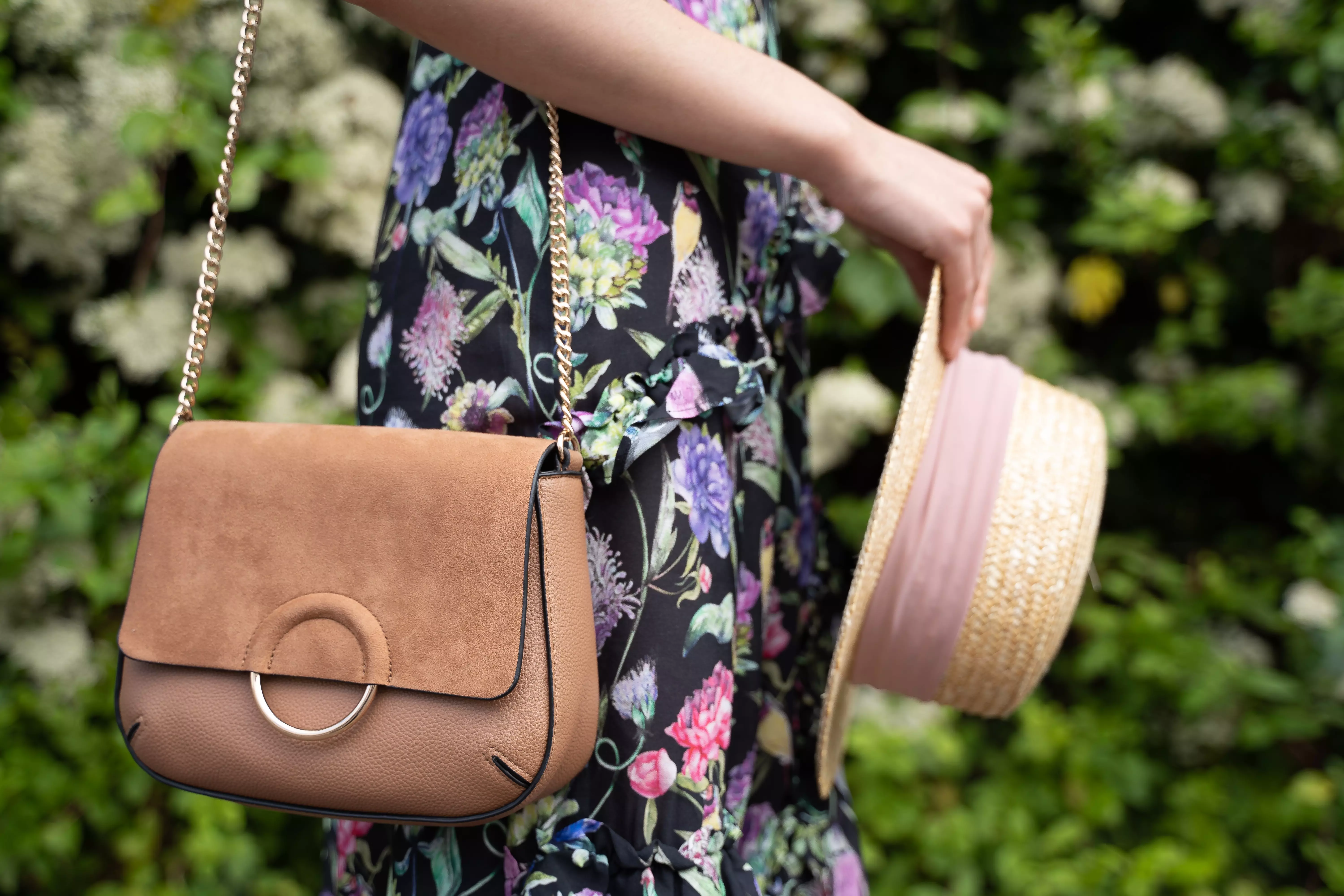Detailed content of our market study
 Inforamtion
Inforamtion
- Number of pages : 35 pages
- Format : Digital and PDF versions
- Last update :
 Summary and extracts
Summary and extracts
1 Market Summary
1.1 Definition and presentation
The handbag market is part of the broader accessories market.
A handbag is a fashion accessory for storing everyday items (e.g., wallet, keys). It is a consumer product, intended primarily for women; however, some specific models are also available for men. Many features are taken into consideration when a consumer purchases a handbag: practicality, aesthetics, and even branding remain particularly important.
The handbag market is very diverse and can be segmented into multiple categories based on a variety of factors:
- Ranges or brands: luxury, high-end, middle-end, low-end;
- Shapes or sizes: clutch, small bag;
- Materials: leather, synthetic, fabric or recycled material.
In Italy, the handbag industry (manufacturers and distributors) is in excellent health, but faces a slight decline in handbag consumption, which is part of the broader cutback in spending on the clothing market by Italian consumers. Competition between more and more players is growing, and the two extreme segments of the market, luxury on the one hand and low end on the other, seem to be the driving pillars, thus to the detriment of all "middle" brands. Traditional manufacturers such as LVMH now have to deal, for example, with private labels. New distribution channels are also emerging, creating new opportunities for the industry.
All our studies are available online in PDF format
Take a look at an example of our research on another market!
 Choosing this study means :
Choosing this study means :
Access to more than 35 hours of work
Our studies are the result of over 35 hours of research and analysis. Using our studies allows you to devote more time and added value to your projects.
Benefit from 6 years' experience and over 1,500 industry reports already produced
Our expertise enables us to produce comprehensive studies in all sectors, including niche and emerging markets.
Our know-how and methodology enable us to produce reports that offer unique value for money.
Access to several thousand articles and paid-for data
Businesscoot has access to all the paid economic press as well as exclusive databases to carry out its market research (over 30,000 articles and private sources).
To enhance our research, our analysts also use web indicators (semrush, trends, etc.) to identify market trends and company strategies. (Consult our paying sources)
Guaranteed support after your purchase
A team dedicated to after-sales service, to guarantee you a high level of satisfaction. +44 238 097 0676
A digital format designed for our users
Not only do you have access to a PDF, but also to a digital version designed for our customers. This version gives you access to sources, data in Excel format and graphics. The content of the study can therefore be easily retrieved and adapted for your specific needs.
 Our offers :
Our offers :
the handbag market | Italy
- What are the figures on the size and growth of the market?
- What is driving the growth of the market and its evolution?
- What is the positioning of companies in the value chain?
- Data from several dozen databases
5 reports pack (-15%) IT Italy
- 5 reports at €75.6 excluding VAT per study to choose from our Italian catalogue for 12 months
- Save 15% on additional studies purchased
- Choose to be refunded any unused credit at the end of the 12-month period (duration of the pack)
See the terms and conditions of the pack and the refund of unused credit.















